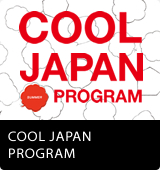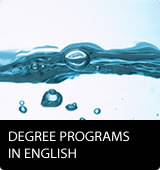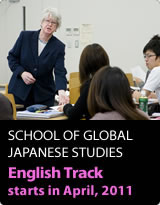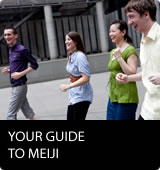Academic Impact
Academic Impact -Initiatives at Meiji University-
As “A University Open To The World,” Meiji University focuses its efforts on internationalization. Upon the designation as one of the 13 universities for the Global 30 Program initiated by MEXT (Ministry of Education, Culture, Sports, Science and Technology), Meiji University actively strives to take its education and research activities to a higher level.
On the other hand, Meiji University believes that it has a responsibility to contribute to solving global issues, such as the environment, sustainability, poverty, and the protection of human rights. In collaboration with various stakeholders, Meiji University, as “A University Open To The World,” addresses these issues as stated below.
Meiji University will serve as an integral part of this global network and share expertise, facilities, and research findings with other partners to pursue workable solutions to these issues in an efficient manner.
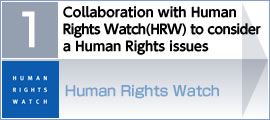 |
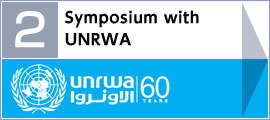 |
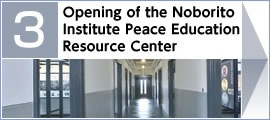 |
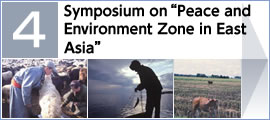 |
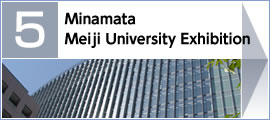 |
What is Academic Impact?
Academic Impact is a global initiative that aligns institutions of higher education with the United Nations in actively supporting ten universally accepted principles in the areas of human rights, literacy, sustainability and conflict resolution. The Academic Impact also asks each participating college or university to actively demonstrate support of at least one of those principles each year.
The critical role of higher education in economic and social development and as a foundation for world peace is widely acknowledged. Only lacking is the resolve and action of academic leaders around the world. By formally endorsing the ten principles in the Academic Impact, institutions make a commitment to use education as an engine for addressing global problems.
10 Principles
- A commitment to the principles inherent in the United Nations Charter as values that education seeks to promote and help fulfil;
- A commitment to human rights, among them freedom of inquiry, opinion, and speech;
- A commitment to educational opportunity for all people regardless of gender, race, religion or ethnicity;
- A commitment to the opportunity for every interested individual to acquire the skills and knowledge necessary for the pursuit of higher education;
- A commitment to building capacity in higher education systems across the world;
- A commitment to encouraging global citizenship through education;
- A commitment to advancing peace and conflict resolution through education;
- A commitment to addressing issues of poverty through education;
- A commitment to promoting sustainability through education;
- A commitment to promoting inter-cultural dialogue and understanding, and the “unlearning” of intolerance, through education.






